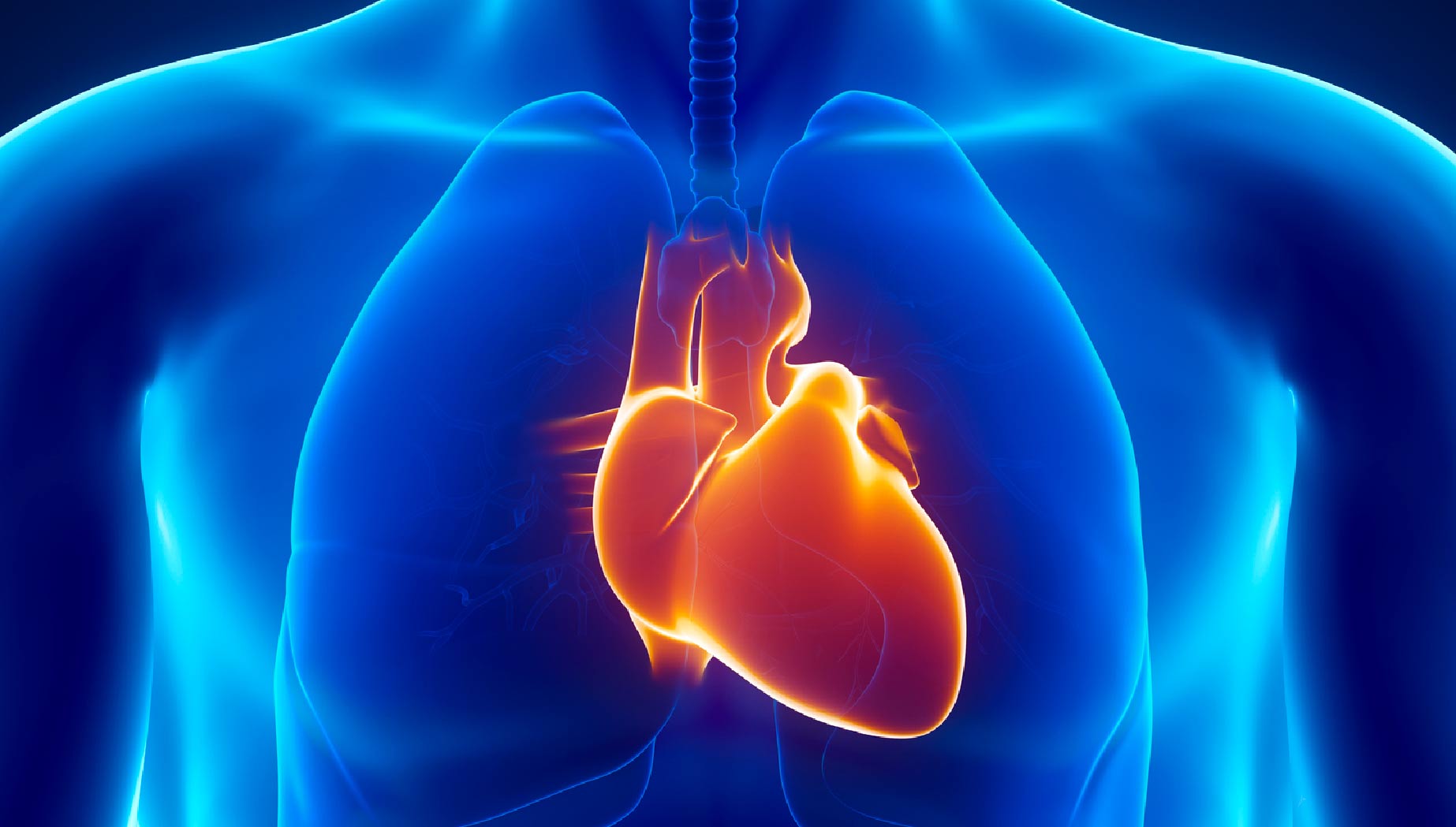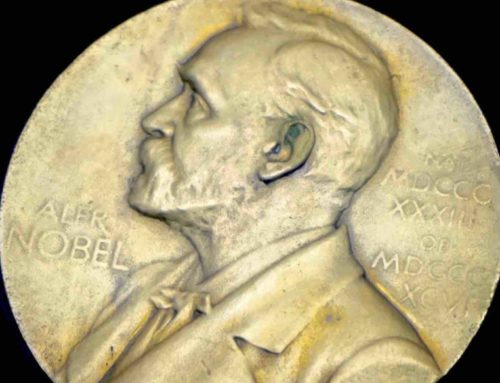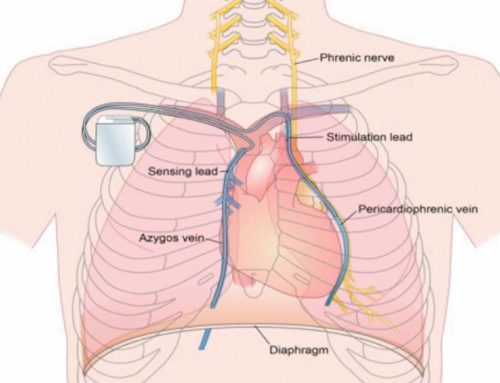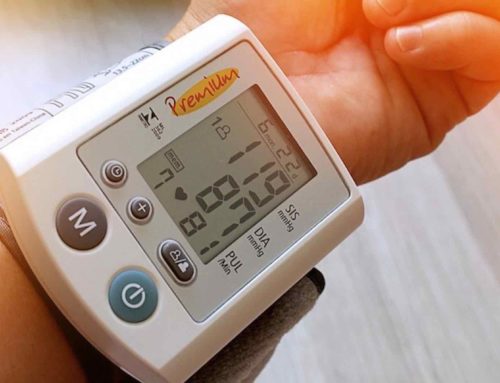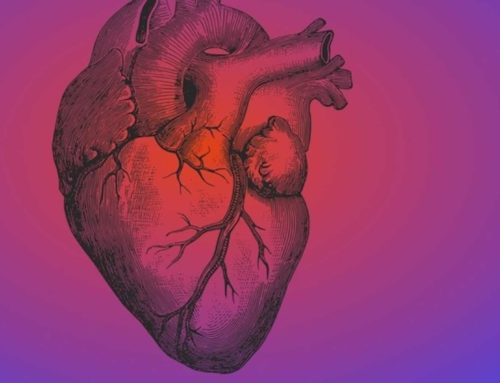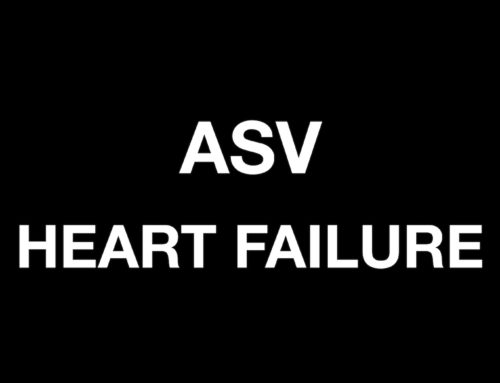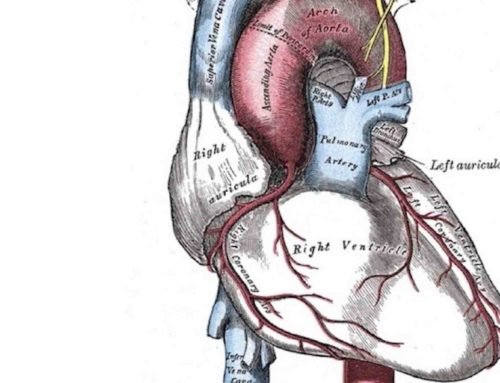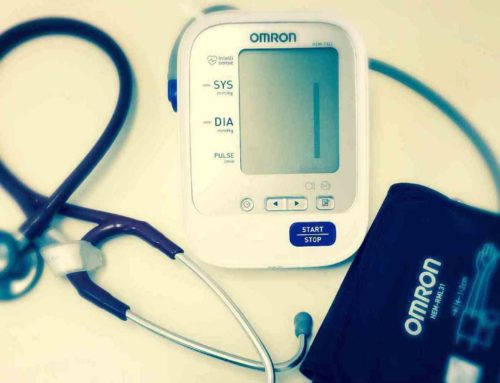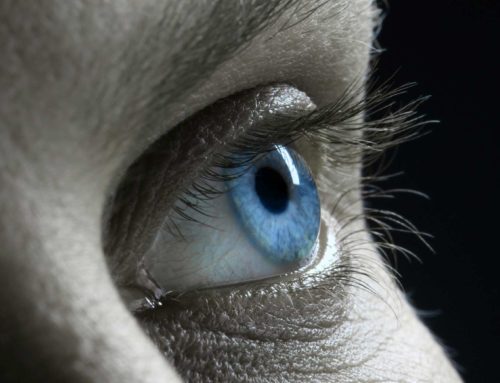Obstructive Sleep Apnoea (OSA) is associated with diabetes, hypertension, erectile dysfunction, glaucoma, and of course heart disease. One of the more exciting and new links is between Atrial Fibrillation (AF) and OSA.
Both conditions are very common. AF is the most common cardiac arrhythmia in Australia, and OSA affects upto 24% of men and 9% of women. OSA combined with sleepiness (OSA Syndrome) occurs in 4% of men and 2% of women (1).
Patients with AF and those with OSA share similar demographic features – they are more likely to be male, hypertensive, of an older age, and have a higher body mass index. However, this link is much more than statistical chance.
Many studies have established that patients with severe OSA are significantly more likely to develop AF, increasing their risk by four times (2).
OSA decreases the likelihood of successful cardioversion (from medications or electrically) and increases the risk of AF returning. The recurrence rate of AF after cardioversion can be as high as 82% (3).
AF also recurs more often in those with OSA after radiofrequency catheter ablation (4).
According to Sleep Disorders Physician Dr Dien Dang, this is unsurprising considering the severe degree of haemodynamic compromise that occurs with OSA.
“OSA causes severe desaturations, cyclical hypoxaemia, and can structurally change your heart over time,” said Dr Dang, “Everyone who has ever had AF should consider a Sleep Study at Burnside Hospital.”
- The OSA and AF population overlap considerably.
- OSA can affect AF profoundly
- Untreated OSA increases AF risk by 4x
- Untreated OSA increases cardioversion failure by 4x
If you have Atrial Fibrillation, call us now for an in-Hospital Sleep Study.
- Young et al. NEJM 1993
- The Sleep Heart Health Study. AJRCCM 2006
- Kanagala et al. Circulation 2003
- Naruse Y et al. Heart Rhythm. 2012

